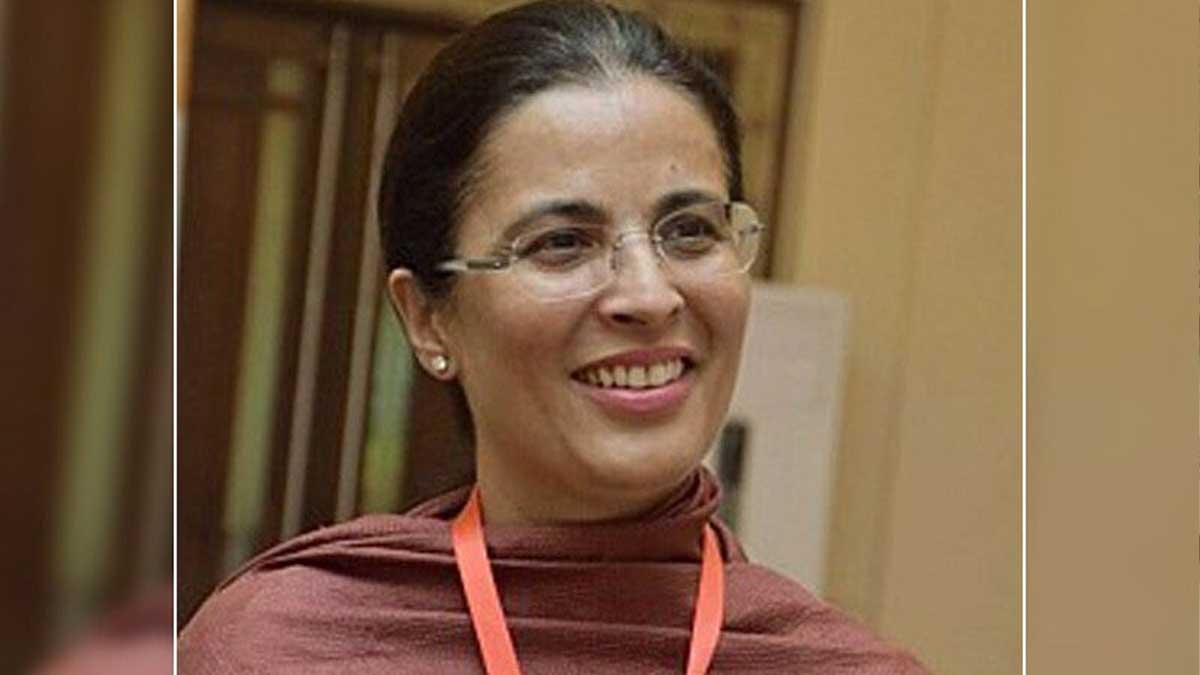
Experts raise concerns over ‘increasing prevalence of multiple sclerosis’ in Pakistan
 Experts specialising in mental and neurological diseases have raised concerns over the increasing prevalence of multiple sclerosis in Pakistan, mirroring the global trend.
Experts specialising in mental and neurological diseases have raised concerns over the increasing prevalence of multiple sclerosis in Pakistan, mirroring the global trend.
Due to the lack of accurate and timely diagnoses, patients with this debilitating condition often become disabled.
Compounding the issue is the shortage of multiple sclerosis drugs, resulting from delayed availability and the escalating value of the dollar, as well as the failure to open Letters of Credit (LCs) promptly.
These issues were highlighted during a seminar organised at Agha Khan Hospital on the occasion of World Multiple Sclerosis Day.
Prominent experts in the field of mental and neurological diseases, including President of Neurology Awareness and Research Foundation, Prof Dr Muhammad Wasay, General Secretary Prof Dr Abdul Malik, renowned neurologist Prof Dr Naila Shehbaz, Research Associate of Neurology at Agha Khan Hospital Dr Shafaq Saleem, Dr Majid Haris of PIMZ Hospital, Dr Zafar Sajjad, and Dr Mian Ayaz-ul-Haq from Agha Khan Hospital, addressed the seminar.
Dr Wasay emphasised the global observance of World Multiple Sclerosis Day and its objective to raise awareness about the disease among Pakistanis. Multiple Sclerosis (MS) is a chronic condition affecting the central nervous system, leading to various neurological impairments.
Dr Wasay noted that advancements in healthcare awareness and specialised expertise have facilitated easier diagnoses of the disease in recent years.
It predominantly affects young individuals between 18 and 30 years of age, with a higher incidence observed among females.
Multiple Sclerosis is an inflammatory disease that primarily targets the brain and spinal cord, often resulting in optic neuritis-a symptom characterised by vision loss, impaired limb function, and difficulties in walking.
Dr Wasay further mentioned that neurologists can readily diagnose this disease through clinical examination and MRI scans. A worldwide cure for multiple sclerosis exists, and timely treatment is crucial to prevent permanent disability, such as the loss of mobility or vision.
Dr Shehbaz shed light on the misconception that multiple sclerosis is uncommon in Pakistan.
With an increasing number of neurologists, the accurate diagnosis of patients has revealed a rising incidence of the disease.
She expressed concern regarding the discontinued project in collaboration with the Sindh government, where 200 multiple sclerosis patients were intended to receive two free injections annually.
Only one dose was administered to the registered 67 patients, leaving them without the necessary second dose.
Dr Shehbaz called upon the Sindh government to resume the project to prevent relapses among patients who have been deprived of treatment.
Dr Malik drew attention to the scarcity of multiple sclerosis drugs resulting from the continuous depreciation of the local currency against the dollar and the delay in opening Letters of Credit. He also proposed manufacturing these medicines domestically.
































































